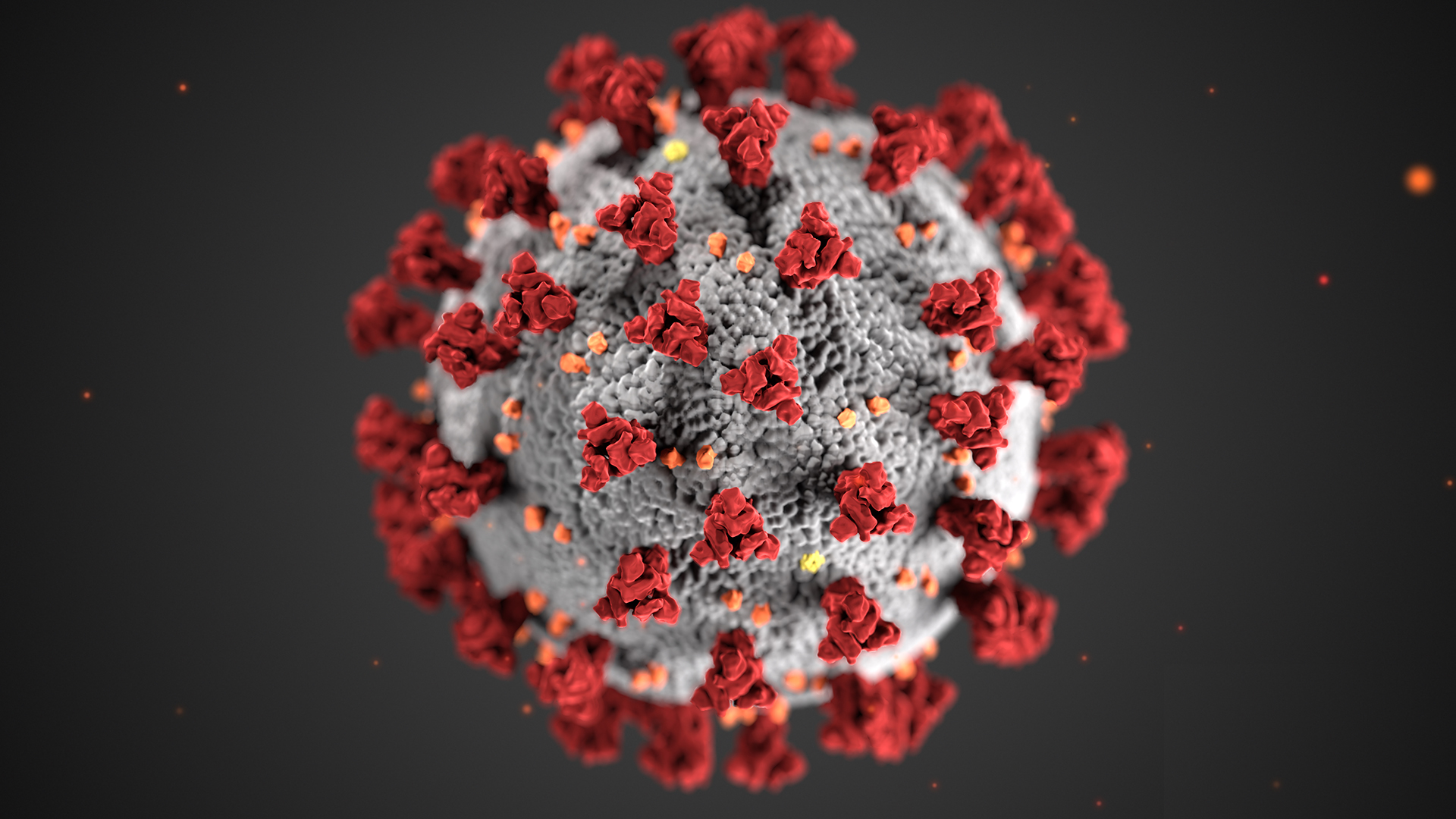Ross Coggins wrote about The Development Set back in 1976 (poem below). More than thirty years later, his critique still feels very contemporary (though were he writing today, I am sure that white landcruisers, satellite phones and blackberries would feature somewhere).
I’m just back from the Doha Financing for Development Conference (about which more later, when I have time). One topic that occupied the negotiators for hours was whether the UN, or another body such as the G-20, should host the next meeting about the financial crisis. (“Thus guaranteeing continued good eating / By showing the need for another meeting.”) I estimated that the Financing for Development meeting cost about $60 million.
I have made myself a personal promise. I do not want to travel around the world telling poor countries what they should do and how they should change. I will concentrate on trying to persuade rich countries to change the policies and behaviours that make it difficult for the world’s poor to share that prosperity.
The Development Set
by Ross CogginsExcuse me, friends, I must catch my jet
I’m off to join the Development Set;
My bags are packed, and I’ve had all my shots
I have traveller’s checks and pills for the trots!The Development Set is bright and noble
Our thoughts are deep and our vision global;
Although we move with the better classes
Our thoughts are always with the masses.In Sheraton Hotels in scattered nations
We damn multi-national corporations;
injustice seems easy to protest
In such seething hotbeds of social rest.We discuss malnutrition over steaks
And plan hunger talks during coffee breaks.
Whether Asian floods or African drought,
We face each issue with open mouth.We bring in consultants whose circumlocution
Raises difficulties for every solution –
Thus guaranteeing continued good eating
By showing the need for another meeting.The language of the Development Set
Stretches the English alphabet;
We use swell words like “epigenetic”
“Micro”, “macro”, and “logarithmetic”It pleasures us to be esoteric –
It’s so intellectually atmospheric!
And although establishments may be unmoved,
Our vocabularies are much improved.When the talk gets deep and you’re feeling numb,
You can keep your shame to a minimum:
To show that you, too, are intelligent
Smugly ask, “Is it really development?”Or say, “That’s fine in practice, but don’t you see:
It doesn’t work out in theory!”
A few may find this incomprehensible,
But most will admire you as deep and sensible.Development set homes are extremely chic,
Full of carvings, curios, and draped with batik.
Eye-level photographs subtly assure
That your host is at home with the great and the poor.Enough of these verses – on with the mission!
Our task is as broad as the human condition!
Just pray god the biblical promise is true:
The poor ye shall always have with you.“Adult Education and Development” September 1976



15 Comments
Absolute Vanilla · February 11, 2009 at 5:42 am
Excellent post! Having approached the International Labour Organisation and been told by them that there’s nothing they can do about certain labour issues in South Africa, I turned and muttered to my husband who said, “Ah yes, go and look for that poem The Development Set then you’ll understand what you’re dealing with. Yes, well…
DongCoi Vill · September 3, 2010 at 3:46 pm
Having been engaged in development works since 1995, I was introduced to Development Set by an expatriate while sitting in Ha Noi Hilton Hotel’s lobby waiting for a boss who is also dedicating his time for development.
No need to say more about the very true reflected by this poem.
I am wandering if there has been a Vietnamese version of this? If not, with my small brain, I will try for having one.
Ha Noi, 3 Sep 2010
Blipsterfarian Logic · November 6, 2010 at 11:45 pm
I love this poem and you have an admirable pledge.
Chris Jansen · October 22, 2012 at 10:36 am
Coggins’ poem summarizes my recent demise. I worked for small NGOs and volunteer positions for a number of years but recently joined The Development Set. I was very uncomfortable at first, but see myself making compromises because I feel too comfortable otherwise. My family situation demanded more resources and security but I have actually seen a lot less effectiveness on my part for a lot more money. I would gladly make a transition to venture philanthropy, social entrepreneurship or even a Corporate with an ethics based corporate social responsibility. Any suggestions on how to transition are most welcome!
Christine · September 24, 2015 at 11:48 pm
Try this organization… not perfect but a lot better…
http://www.genevaglobal.com
Mitch Corrales · December 14, 2012 at 2:34 pm
Well, add the long list of Acronyms to remember during discussions. It took me almost three months to memorize all of them in a project I’m engaged in. “the language of the development set/stretches the english alphabet”.
Mikaail Ahmed · June 2, 2016 at 6:41 am
I’m currently working for various development clients, including unicef, wateraid, plan and others in Pakistan. And this poem couldn’t have been more relevant and on point. Maybe they’re all clueless about what they want and how to achieve it or they really don’t care. I can’t understand what it is.
Anyway thanks for sharing!!
John Farebrother · August 30, 2017 at 11:08 am
Awesome
Christine Oyugi · November 14, 2017 at 12:25 pm
I have read this poem over and over, and never seem to get enough og it. I first encountered it while teaching English and Literature in English in a high school in Marsabit County, Kenya. Having experienced the challenges of the pastoral communities in the county, despite the heavy NGO presence and activities, I found this creative piece very interesting and relevant. Currently working in the civil society myself, I experience its relevance one on one. The Development Set gloats over the suffering of the poor masses.
It is all decided by a Professor in New York · January 18, 2010 at 12:11 pm
[…] are many people in the development set who are sceptical about the utility of the Millennium Village Project, for good reasons and for […]
Perhaps time for us to take a long hard look at our current notion of capitalism… « Of Times Now and Then · July 13, 2011 at 5:46 pm
[…] Scary isn’t it… that ‘The Development Set’ penned 35 years ago still manages to paint a near perfect picture of the situation that faces us today. With the failure of aid organizations and the erosion of trust in the various arms of the capitalistic juggernaut led by large banks and corporations in solving the world’s most pressing issues around poverty, education, healthcare and human rights, it is perhaps time for us to take a long hard look at our current notion of capitalism… Amplify’d from http://www.owen.org […]
How Matters / Friday’s Poetic Pause: “The Development Set” by Ross Coggins · February 10, 2012 at 3:39 pm
[…] Owen Barder shared the 1976 (!) poem on his blog back in 2008, making a pledge “not to travel around the world telling poor countries what they should do and how they should change“, but instead “try to persuade rich countries to change the policies and behaviours that make it difficult for the world’s poor to share that prosperity.” […]
CIFOR Forests News Blog » Measuring sustainable development must be be made simple and affordable · January 14, 2013 at 10:45 am
[…] this process may appear to be a way to the future we want. As Ross Coggins wrote in his 1976 poem The Development Set: “Our thoughts are deep and our vision global.” New wisdom will no doubt emerge and be shared […]
CIFOR Forests News Blog » La medición del desarrollo sostenible debe ser simple y asequible · January 16, 2013 at 8:00 pm
[…] parecer un camino hacia el futuro que queremos. Como lo expresó Ross Coggins en 1976 en el poema The Development Set: “Nuestros pensamientos son profundos y nuestra visión global”. No hay duda de que surgirá […]
La mesure du développement durable doit être simple et abordable | CIFOR Forests News Blog · July 7, 2015 at 7:53 am
[…] que nous voulons. Comme l’écrivait Ross Coggins en 1976 dans un poème intitulé « The Development Set » : « Our thoughts are deep and our vision global », c’est-à-dire « Notre […]
Comments are closed.